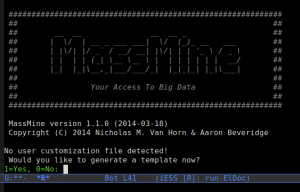I propose to have an April 25 Talk session to discuss and share how Basecamp and Qualtrics can be used to develop and manage courses.
Basecamp is a project management tool that allows teams to manage workflows, track time, and share project-related resources. Qualtrics, a data collection and analysis survey tool, supports a variety of research both in the business environment and at every major university in the US; it can also be used to create robust surveys, assignments, assessments, and other course tools.
I will share how a busy undergraduate and graduate course design and support team at the University of Florida uses both tools to not only develop courses, but also manage them. I will also detail our best practices and learnings for using both tools. I hope that this sharing leads to a discussion of how Basecamp and Qualtrics can be used for other facets of course development and management, as well as additional ways they might be used to support and manage other types of projects.


